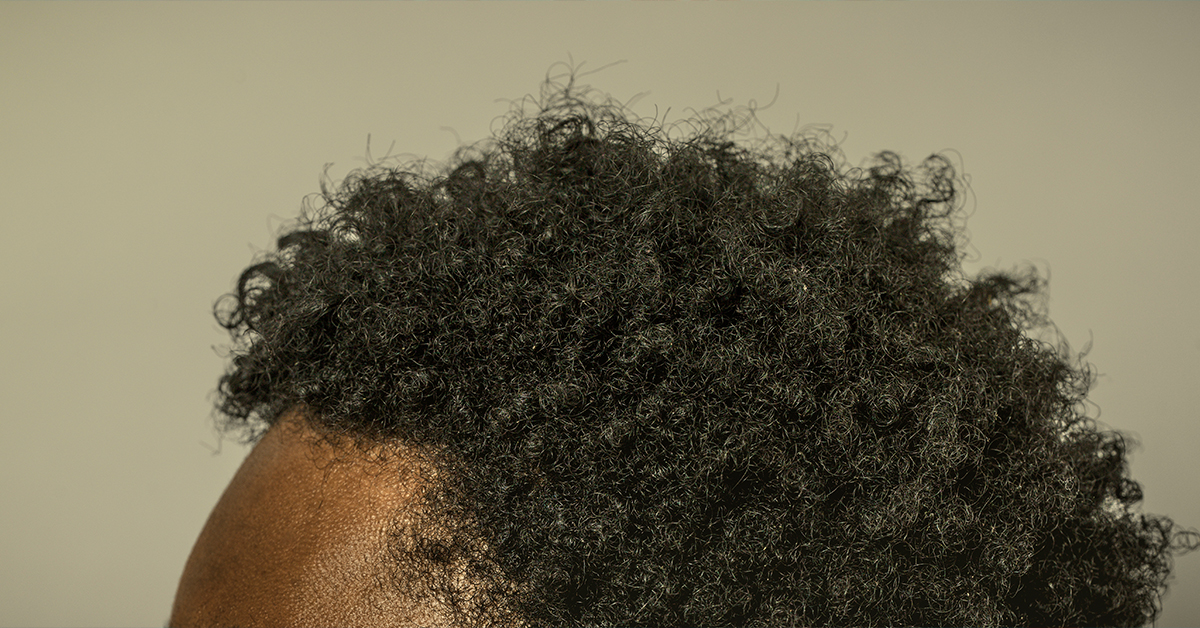Hair loss is an issue that people in every nation around the world face. It affects people of all genders and ethnicities no matter where they live… but does it do so equally? Does belonging to one ethnic group or another come with increased or decreased risk of alopecia? We already know that there are differences across gender lines in the way hair loss presents, let’s take a look at what science knows about the influence of ethnicity.
What Ethnicity Loses Hair the Most?
It has been shown in studies that the average onset of graying varies across race. Caucasians generally start going gray sometime in their mid-30s, Asians in their later 30s, and Black people in their mid-40s.
There is also a difference in the type of damage the hair suffers as Asians and whites usually see it occurring to the hair shaft while in Black people the damage is usually closer to the hair’s roots. Of the various ethnicities, Caucasians have the highest rates of hair loss while Native Americans have the lowest.
Is Hair Loss Common in Black Women?
When Will Smith slapped Chris Rock at the Academy Awards for making a joke about Jada Pinkett Smith’s hair loss, it not only made the news across the country but it also opened the larger conversation about alopecia in black women. It is not a small issue, a survey of black women made in 2016 noted that 47.6% of the those surveyed were afflicted with alopecia.
While genetics plays a factor, many traditional styling practices for ethnic hair also contribute to the issue. Tight weaves, dreadlocks, straightening with heat, and other common styles contribute to traction alopecia, which occurs when a continuous pulling force is applied to the hair roots – as happens with tight braids, extensions, and many other common hair styles. It is most commonly encountered in Black women with tight and curly spiral hair. On the good side it is preventable and can usually be reversed.
Another form of alopecia that black women are particularly susceptible to is Central Centrifugal Cicatricial Alopecia (CCCA) which is a type of scarring alopecia resulting in permanent hair loss. It is the most common form of scarring hair loss seen in Black women. Early professional treatment is vital in these cases as there is a chance of reversing the hair loss if caught early before scarring makes it permanent.
Reef Hair – Your Hair Preservation and Restoration Resource
At Reef Hair, we offer an array of treatment options for people of all races and ethnicities suffering from hair loss. Our individualized approach will ensure that we develop a treatment plan that addresses your specific issues and needs.
Modern advances have provided a vast array of effective, non-invasive treatments for hair loss that can arrest or, in some cases, reverse hair loss. Whether the cause is genetic or otherwise, Reef Hair has the tools and experience to get you back on the road to a full, luxurious head of hair. Set up an appointment today and let’s begin your hair replacement journey!


